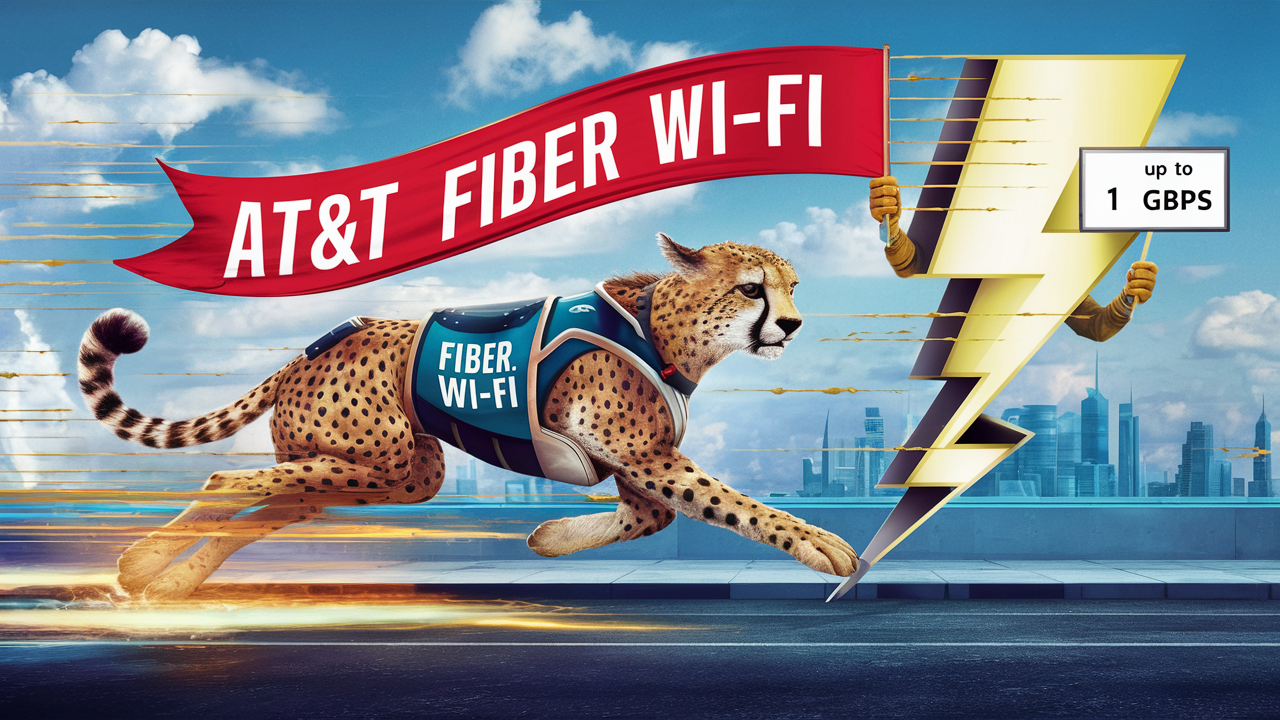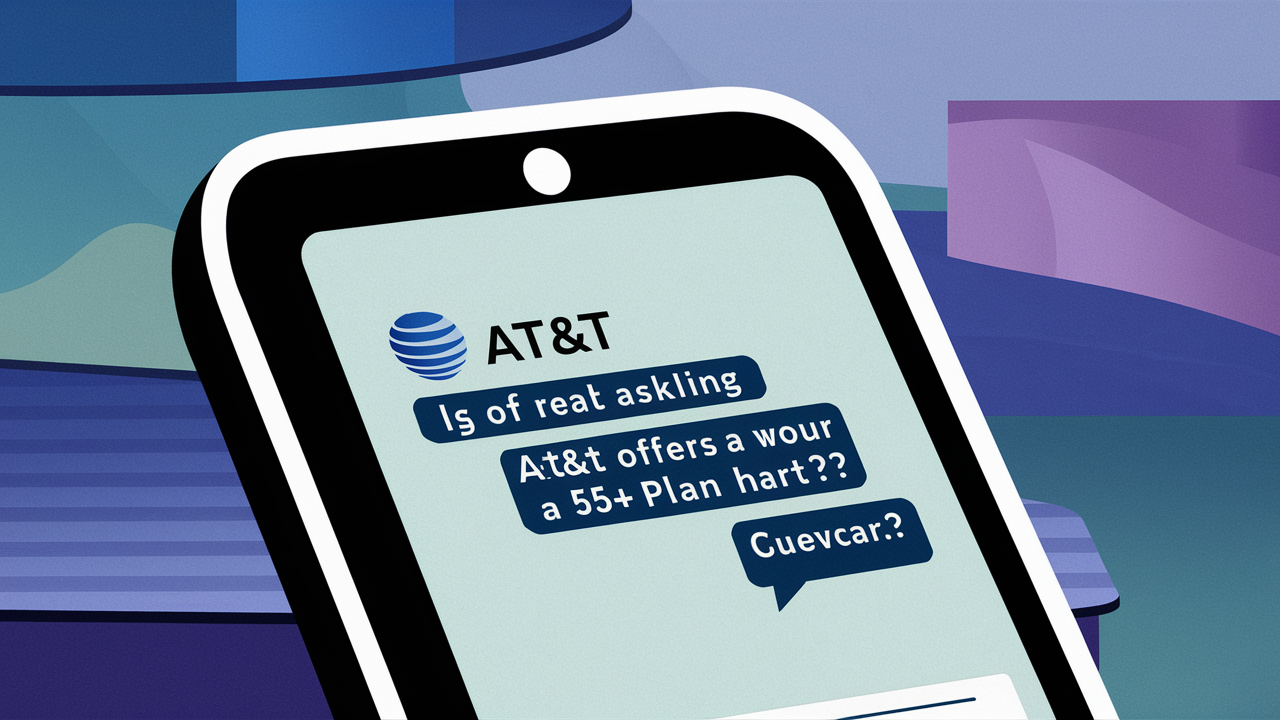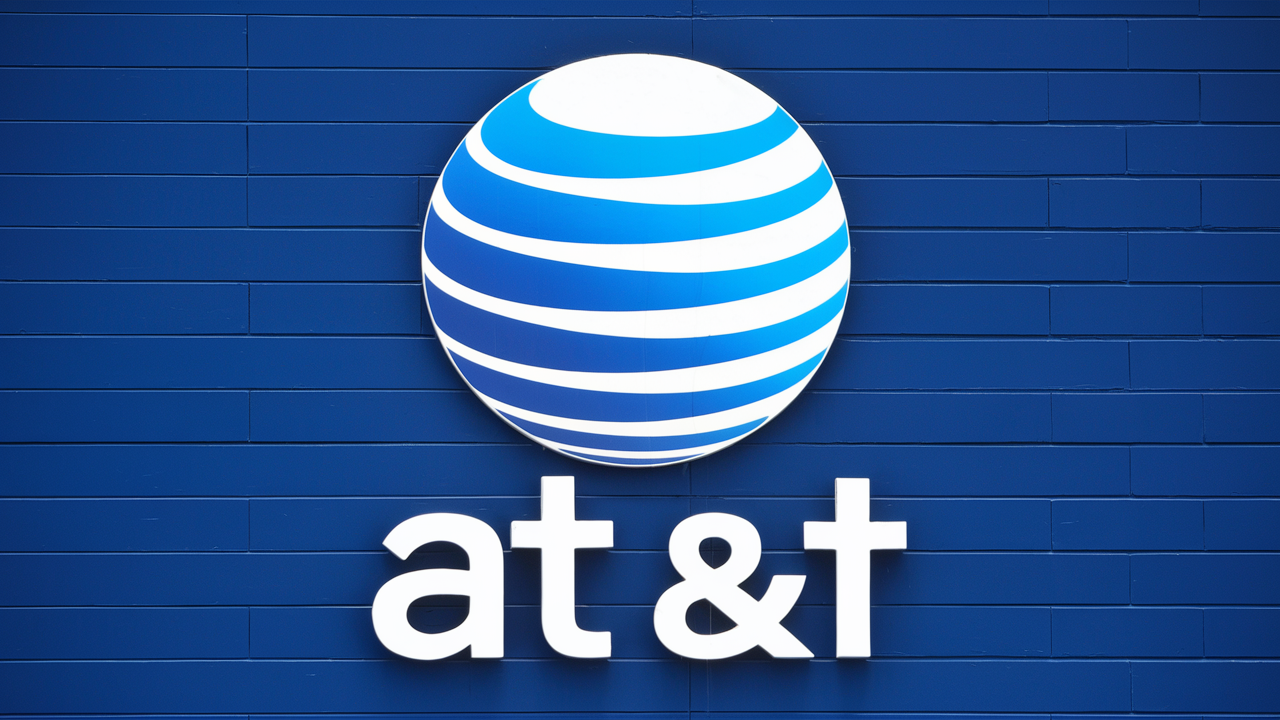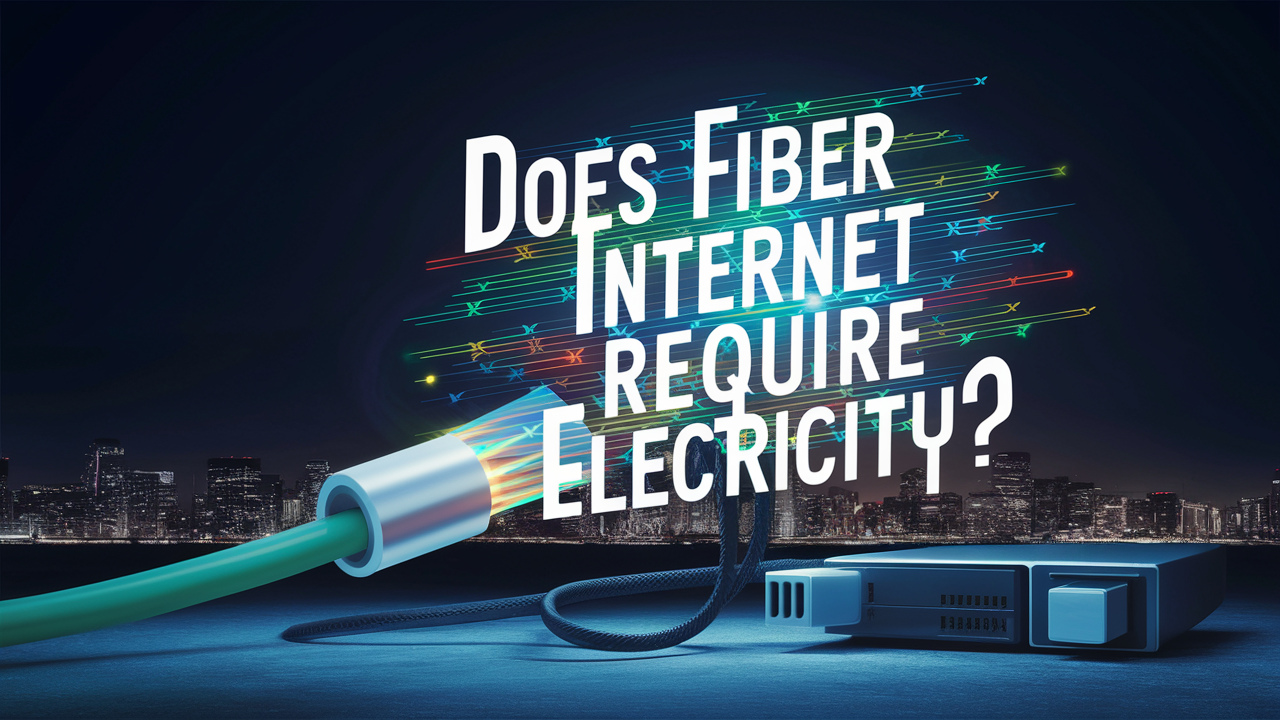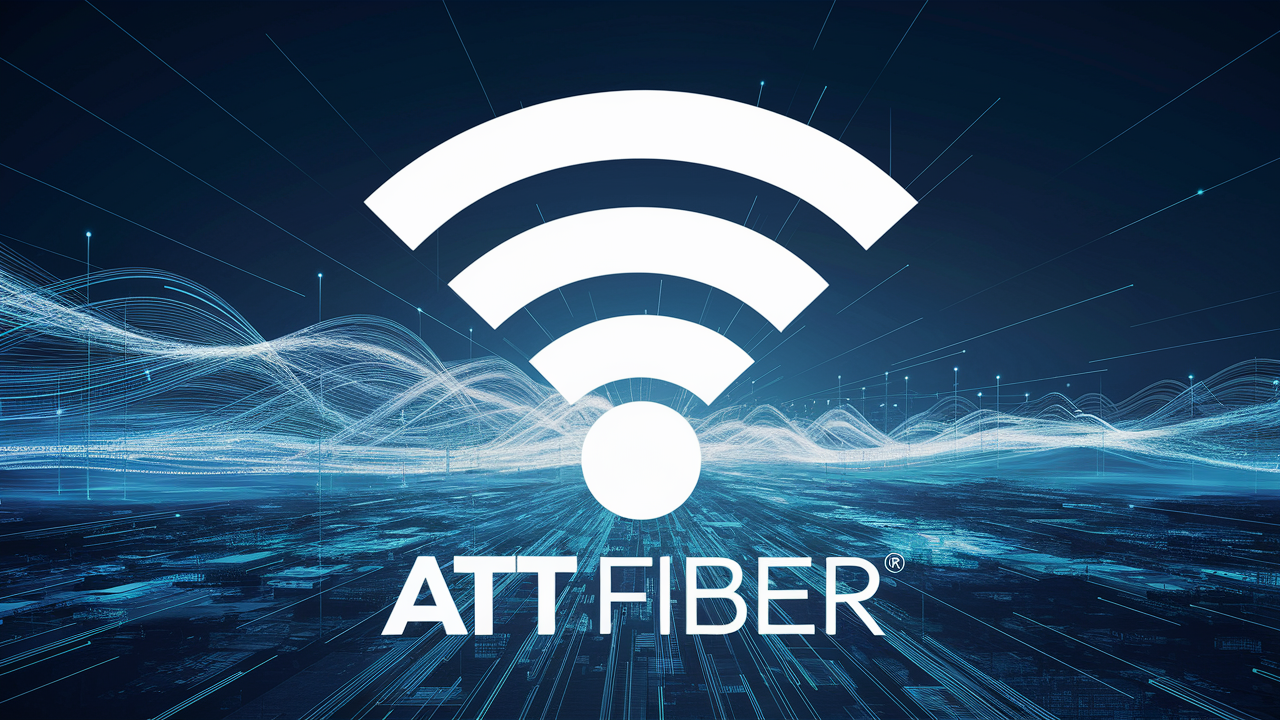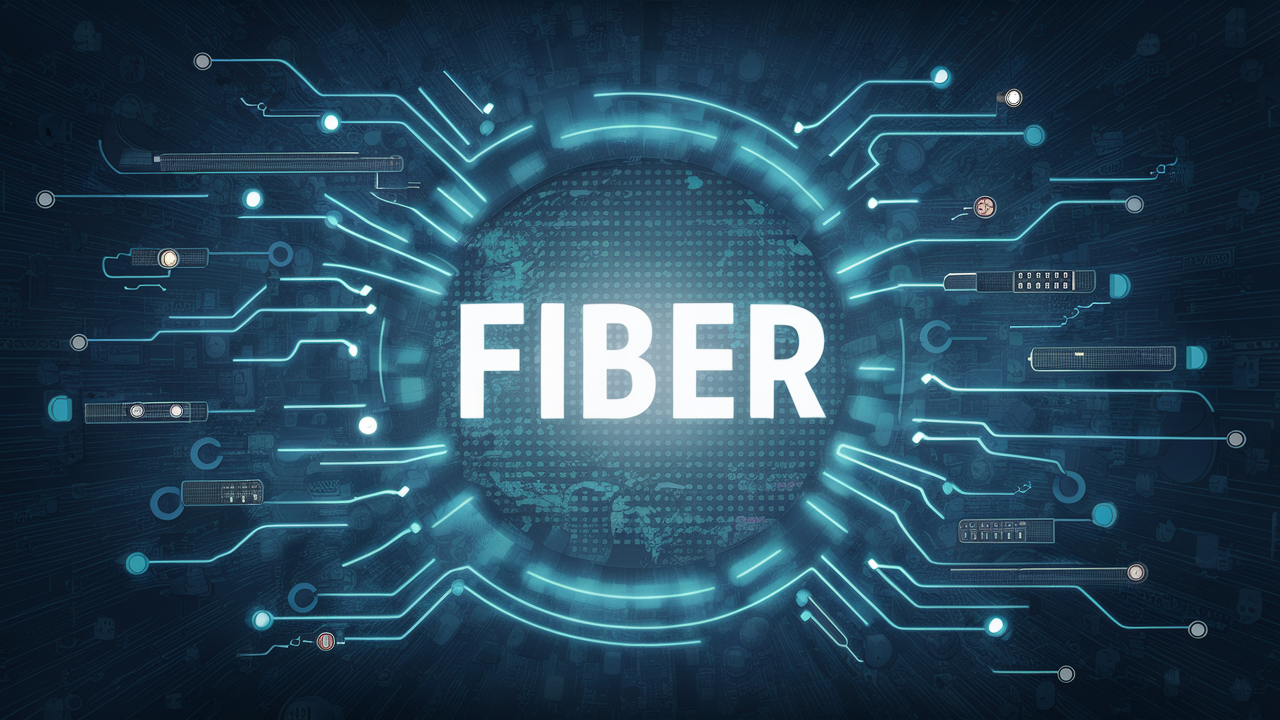
Cable broadband internet specifically through fiber optic connectivity has trended over the last decade because it is faster and has more features than cable or digital subscriber line. But is fiber really good for the majority of internet subscribers? The potential advantages and disadvantages of fiber internet will be discussed in this article to assist you in determining if it is suitable for you.
Fiber optic internet refers to an internet service that utilizes fiber optic cables as the platform of transmitting data.
Fiber optic internet is a system where data is transmitted through light in fiber optic cables made of either glass or plastic. These are cables that are composed of very thin individual threads of glass that are bound together. Fiber cables have even wider bandwidth capability compared to the copper wire cables which are used by cable and DSL providers. Fiber provides the ability of transmitting large volume of data at high rates at the same time.
Benefits of Fiber Internet
Speed – Fiber internet provides the fastest data transfer possibilities compared to cable or DSL. The cable internet customer get up to 100 Mbps while the fiber internet provides and offer over 1 Gigabit per second (Gbps). That’s 10-100x faster than cable, so you can easily watch your favorite shows without interruptions. It helps you download movies and games in a blink of an eye it indeed a blazing speed.
Reliability – this type of cable known as glass fiber cables is less affected by electrical interferences compared to copper cables. This means having many fewer connection dropouts and much steadier data transmission speeds, regardless of weather or network traffic. Fiber networks offer highly dependable service because the signal/data does not dissipate or weaken over great distances.
Low latency - Fiber optic networks has very low latencies; this is the amount of time taken by data to travel from one point to another. This is especially so for applications involving real-time data transmission, such as video telephony, voice communication, gaming, and broadcasting. Fiber is a very fast connection type as it allows the user to connect almost instantly.
Capacity - Fiber internet provides almost infinite capacity on account of the amount of bandwidth that is required by devices and activities. Due to fiber’s vast amount of capacity this will not be an issue as compared to the cable internet speeds that are slower when neighborhoods are congested with internet users. Fiber is designed with several multitudes of households to connect in mind.
Future-proof - Fiber internet has the bandwidth close to infinite that means that it cannot be outmoded. In contrast to cable internet speeds which have been gradually increasing over decades, fiber internet is capable of bringing speeds that are more than 1000 Mbps on current infrastructure. Hence, fiber networks cannot be described as anything that is liable to become obsolete soon.
Disadvantages of utilizing Fiber Internet Service
Limitation - Fiber internet is still limited across certain regions and areas compared to other internet connection types. However, the availability of fiber networks has not extended to other areas, especially rural and remote areas. It is only available in large urban centres for now as far as its availability is concerned.
Cost – Compared to other broadband connectivity options such as cable or DSL, fiber internet tends to be costlier, on average where it is offered. Availability made prices come down in the recent past as more people and organizations of the society embraced the technology. A few of fiber providers are now offering their service at comparable prices. However, to connect individuals to the ‘outside world’, fiber costs more initially to install than copper, so prices are not going to outdo slower DSL networks.
Installation – Obtaining fiber internet is a process that can be difficult relative to other sorts of internet, which generally only require a modem. Depending on the complexity, professional installation of fiber may include installation of fiber cables both in and outside a building which may involve planning and construction. This is quite a lengthy process and very disruptive and it can take anywhere from several weeks.
Is Fiber Optic Internet Really Necessary?
The fiber Internet today offers most of the households a speed they actually do not require. According to the ‘Gorilla Guide to Home Internet,’ it means that onl Four K video streaming or other bandwidth intensive activities that may be run by households with many connected devices might bring them closer to fiber speeds.
For may homeowners the probably the most crucial question might be simply whether fiber is available in the household. On a technological level, fiber internet proves to offer better advantages than cable and DSL. However, if the availability is constrained or if it is impractical to install the fiber Ethernet cable you again don’t need to worry because another High-speed internet provider would suffice to your need to perform usual operations or activities.
Time to time fiber internet availability will extend to the various neighborhoods. While fiber internet prices will continue to reduce as the technology advances it will remain relatively high for a while. In certain applications such as virtual reality, fiber capacity could become essential in the future. Thus, the replacement of copper with fiber might be long-term strategy.
But most probably for today’s requirements, a dependable and cheap high speed cable or DSL network is indeed sufficient for the average home. Fiber Internet service Provider may be overkill unless you have special needs for incredibly fast connections that would likely accommodate a number of bandwidth-demanding processes at once. Such costs could diminish any perceived gain of using fiber for more conventional uses in a household for accessing the internet. Be very selective when deciding whether it would be wise to change from present cable broadband service to fiber optic based on home usage requirements and the availability of services in the region.
Call (844) 905-5001 to get a new AT&T connection now!
Read More:
How many Ethernet ports does ATT fiber have?
Is it worth switching to AT&T fiber?
How does AT&T get fiber to your house?
Can you install ATT fiber yourself?
Why is my AT&T fiber internet so slow?
